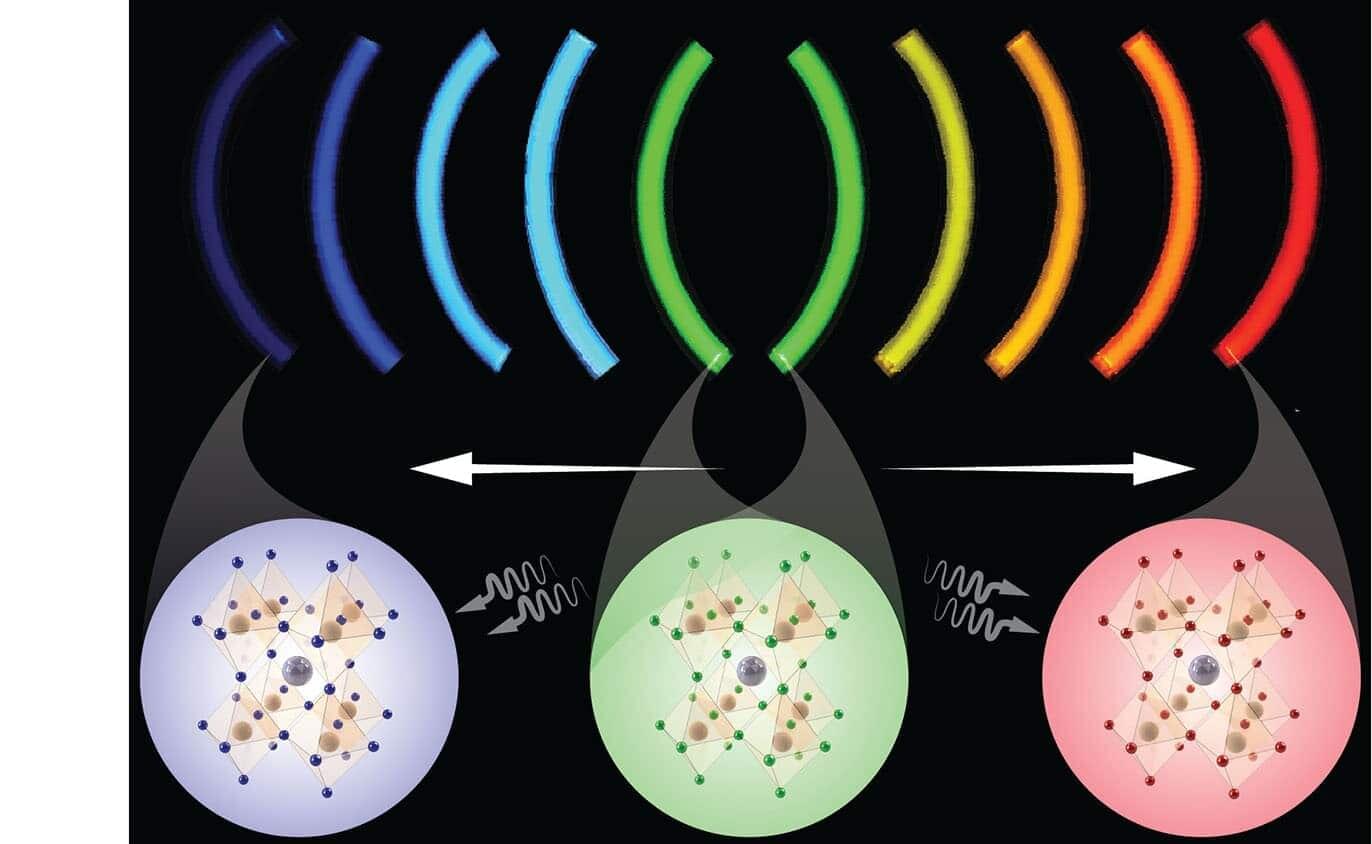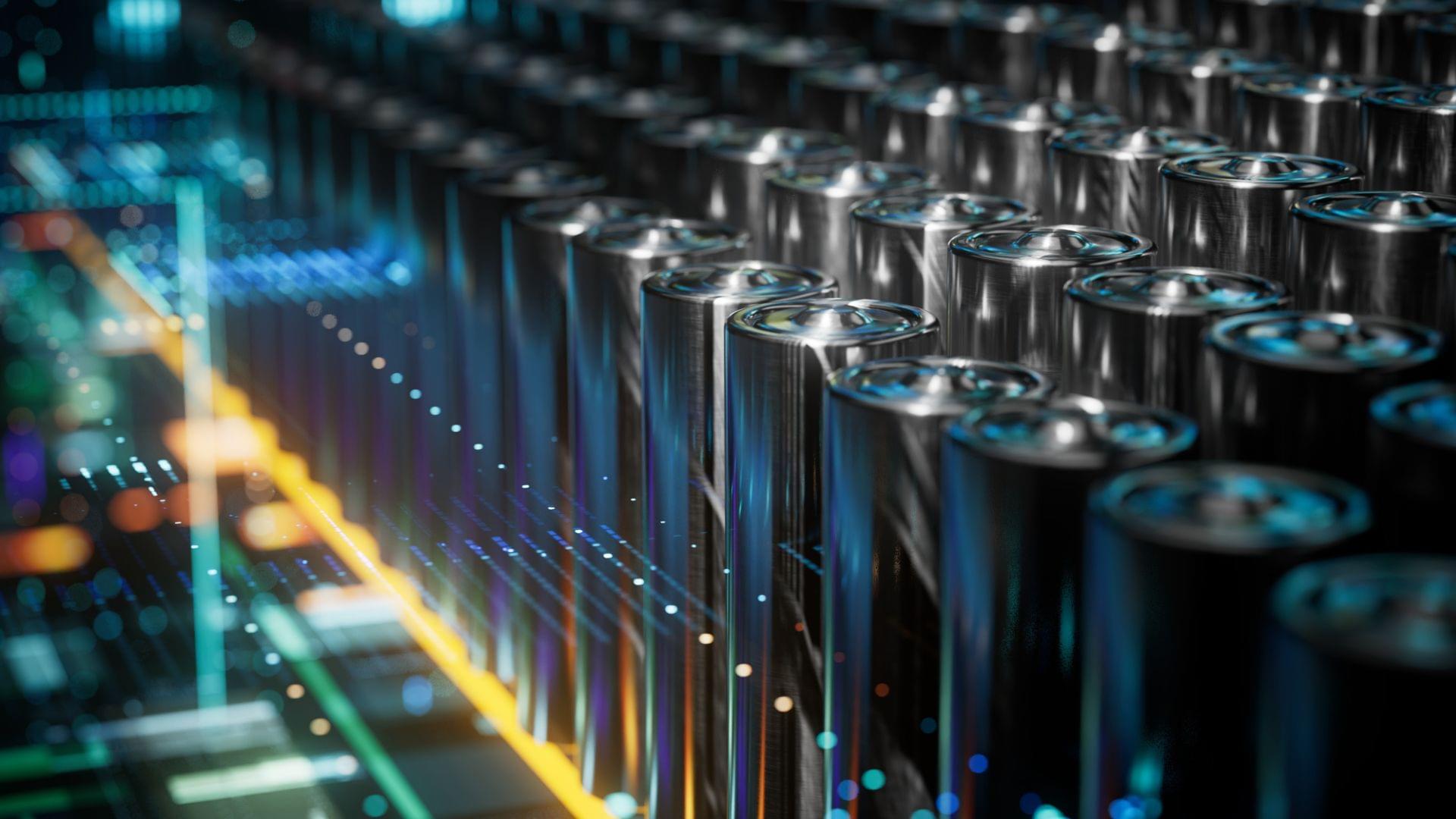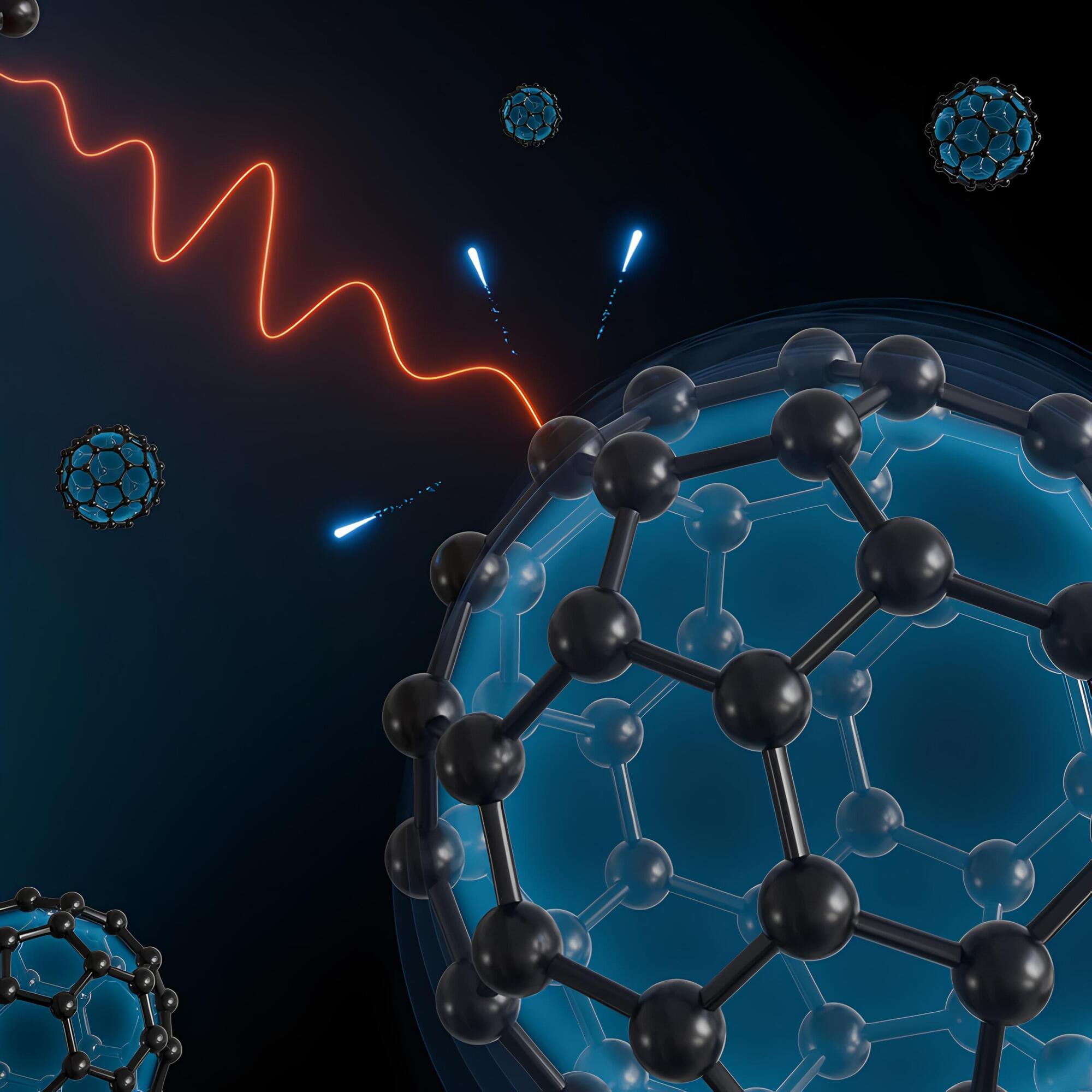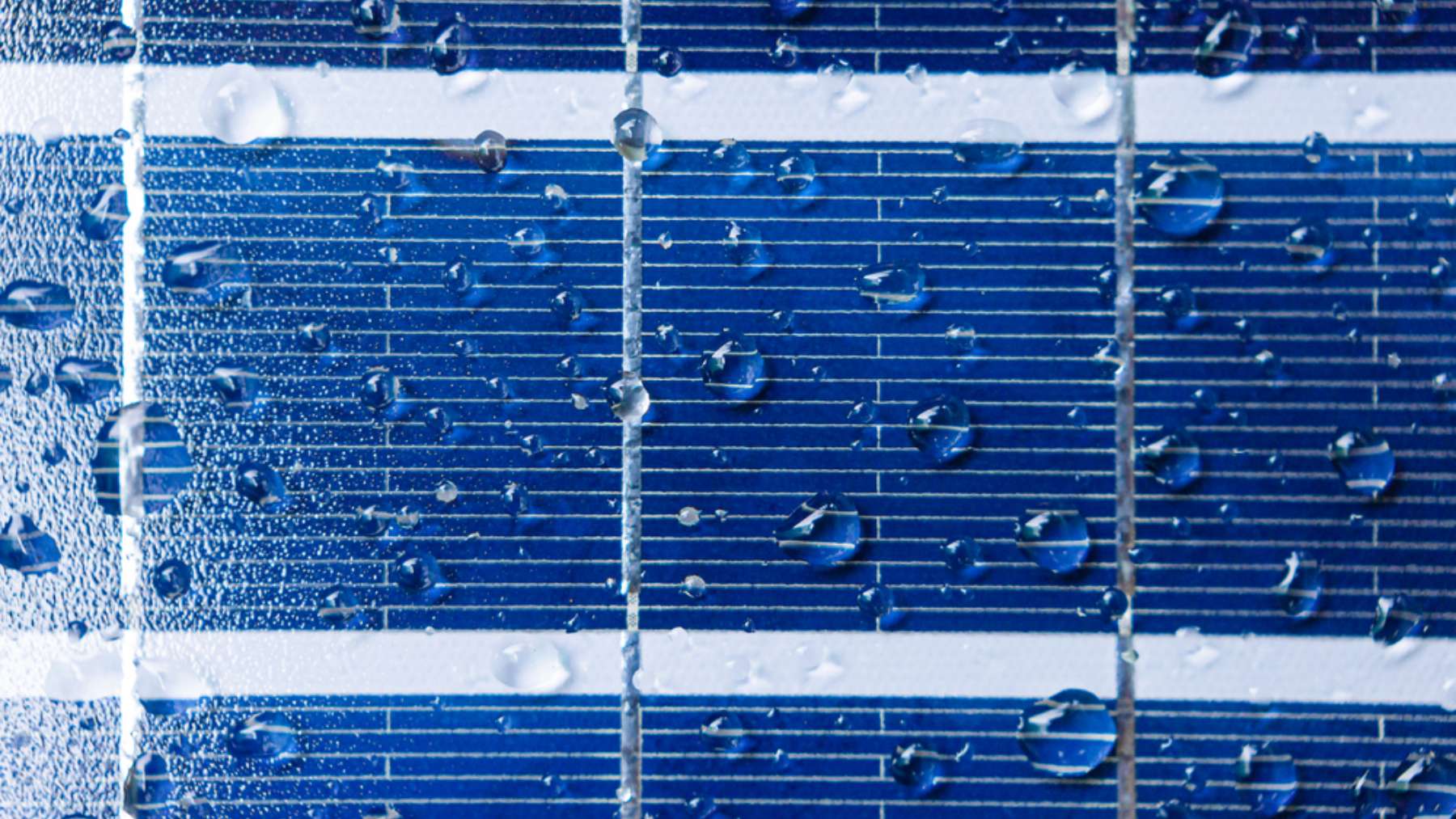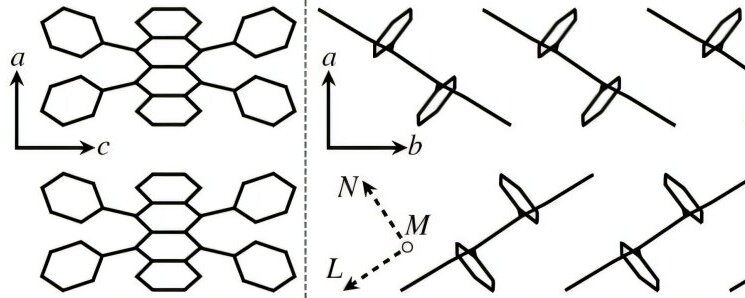Researchers at North Carolina State University have demonstrated a new technique that uses light to tune the optical properties of quantum dots—making the process faster, more energy-efficient and environmentally sustainable—without compromising material quality.
The findings are published in the journal Advanced Materials.
“The discovery of quantum dots earned the Nobel Prize in chemistry in 2023 because they are used in so many applications,” says Milad Abolhasani, corresponding author of a paper on the work and ALCOA Professor of Chemical and Biomolecular Engineering at NC State. “We use them in LEDs, solar cells, displays, quantum technologies and so on. To tune their optical properties, you need to tune the bandgap of quantum dots—the minimum energy required to excite an electron from a bound state to a free-moving state—since this directly determines the color of light they emit.
